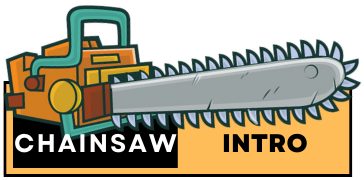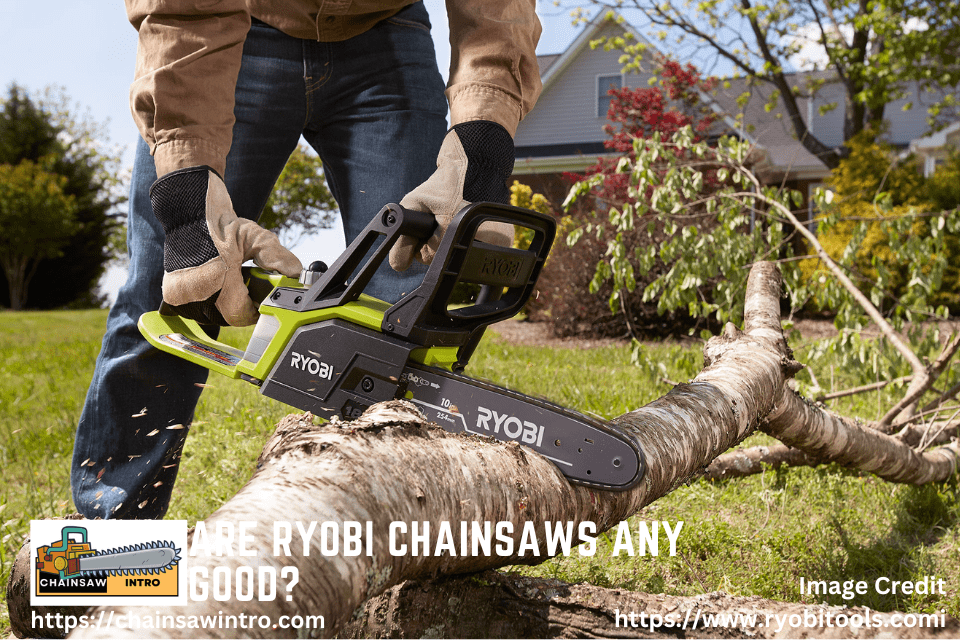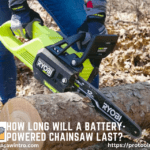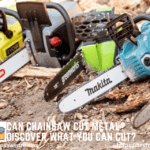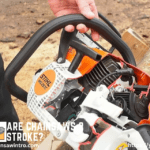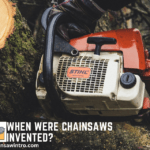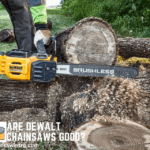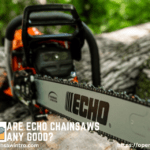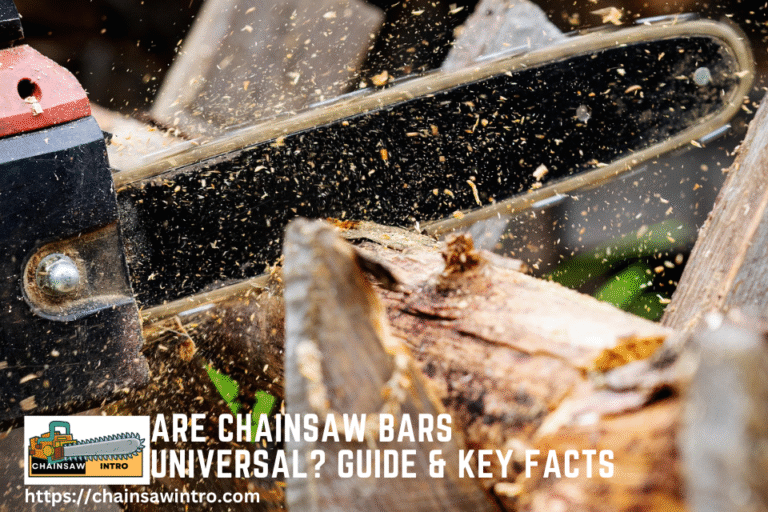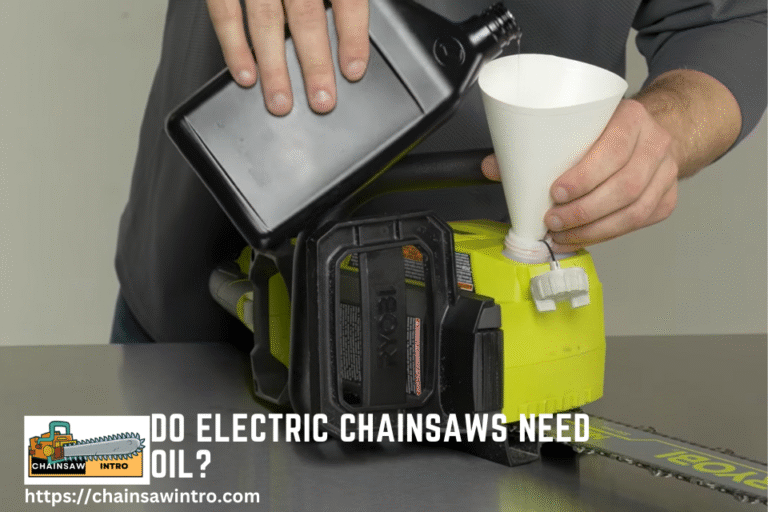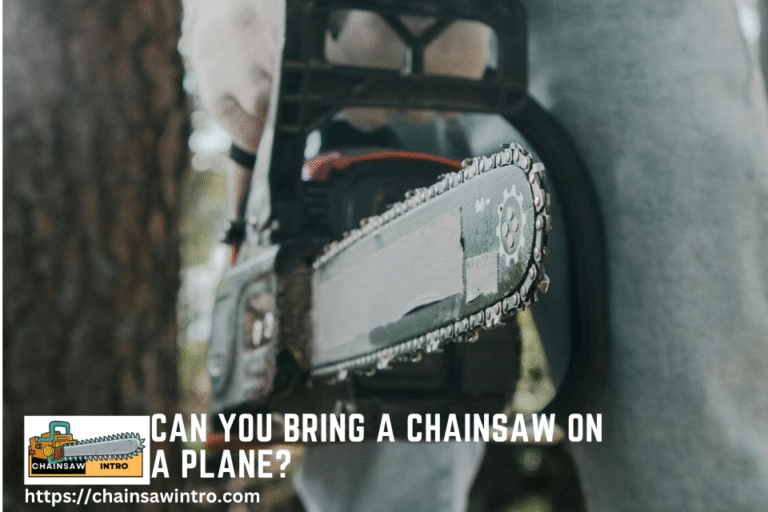When it comes to affordable and convenient chainsaws, Ryobi is a brand that frequently comes up. Known primarily for their battery-powered tools, Ryobi chainsaws have gained popularity among homeowners, DIY enthusiasts, and light-duty users. But the question remains: Are Ryobi chainsaws any good?
In this article, we’ll take an in-depth look at Ryobi chainsaws, including their performance, durability, features, and whether they are worth buying compared to other brands. We’ll also include practical insights to help you decide if a Ryobi chainsaw is right for your cutting needs.
A Brief Overview of Ryobi
Ryobi is a Japanese brand that produces power tools and outdoor equipment. While they are not as specialized in chainsaws as brands like Stihl or Husqvarna, Ryobi has carved a niche in the budget-friendly and battery-powered chainsaw market.
The company focuses on user-friendly designs, lightweight tools, and affordable pricing, making Ryobi chainsaws appealing for homeowners who need a saw for occasional use.
RYOBI 18v ONE+ Brushless Chainsaw Review – Should you buy?
Performance of Ryobi Chainsaws
Ryobi chainsaws are primarily battery-powered, which makes them convenient for small and medium tasks without the noise, fumes, and maintenance associated with gas chainsaws.
Key points about Ryobi chainsaw performance:
- Battery life: Modern Ryobi chainsaws come with 18V, 40V, or 60V lithium-ion batteries, providing enough power for light pruning, branch trimming, and cutting small logs.
- Cutting power: While not designed for professional forestry work, Ryobi chainsaws handle medium-sized firewood and small trees efficiently.
- Ease of use: They are lightweight, easy to maneuver, and perfect for DIY homeowners who prioritize convenience over heavy-duty power.
For occasional use, Ryobi chainsaws provide reliable performance. However, for cutting large hardwood trees, gas-powered chainsaws or professional-grade models may be more suitable.
Quality and Features: What Ryobi Chainsaws Offer?
Ryobi chainsaws feature practical elements like Oregon bars and chains for reliable cutting, tool-less tensioning for quick adjustments, and automatic oilers to reduce friction. The ONE+ system in models like the RY40580 allows battery sharing across tools, with brushless motors for 20% longer runtime. Safety includes chain brakes and low-kickback chains (ANSI B175.1-compliant), helping mitigate kickback risks, which cause over 30% of chainsaw injuries. However, the plastic construction and basic anti-vibration tech lag behind premium brands like Stihl. For value, Ryobi’s features provide solid functionality at a low cost, but they’re not as refined for heavy use.
Durability and Build Quality
One of the common concerns with Ryobi chainsaws is durability. While they are generally reliable for light to medium tasks, they are not built for intensive or professional use.
Highlights of Ryobi chainsaw durability:
- Lightweight polymer housing: Makes the saw easy to carry but less robust than metal-bodied gas chainsaws.
- Battery-powered engine: Reduces mechanical wear, but high-frequency heavy cutting can overheat the motor.
- Maintenance: Minimal maintenance is needed compared to gas chainsaws—no fuel mixing or carburetor adjustments.
For most homeowners, the lifespan of a Ryobi chainsaw is sufficient for occasional cutting and pruning, but they may wear faster under heavy or commercial use.
Reliability: Can You Depend on Ryobi Chainsaws?
Ryobi chainsaws are reliable for casual use, with a 3-year warranty, per RyobiTools.com. The RY40580 earns positive feedback for lasting 3-5 years with occasional pruning, with users appreciating its “good battery life,” but some report chain jams after 50-100 hours if not cleaned. ONE+ batteries (18V or 40V) maintain charge over 300 cycles, but runtime drops in thick wood. Overall, Ryobi scores 4/5 in reliability for home use but may not endure professional demands. Regular maintenance like non-ethanol fuel (for gas models) and battery storage at 50% charge extends life, per our chainsaw maintenance guide.

Popular Ryobi Chainsaw Models
Ryobi offers several models catering to different needs. Some popular options include:
1. Ryobi 18V ONE+ 10-Inch Chainsaw
- Ideal for small branches, yard cleanup, and light firewood.
- Lightweight and easy for beginners to handle.
2. Ryobi 40V 16-Inch Cordless Chainsaw
- More powerful, suitable for medium trees and firewood.
- Longer battery life and slightly larger cutting capacity.
3. Ryobi 18-Inch 40V Brushless Chainsaw
- Best for homeowners who need a balance of power and portability.
- Brushless motor improves efficiency and durability.
These models are highly rated for convenience and ease of use, making them popular among homeowners who want a chainsaw without the hassle of fuel or loud engines.
Pros and Cons of Ryobi Chainsaws
Pros:
- Battery-powered convenience: No fuel mixing, no exhaust fumes, low noise.
- Lightweight and easy to handle: Perfect for pruning and smaller jobs.
- Affordable price point: Great for homeowners on a budget.
- Low maintenance: Minimal upkeep compared to gas chainsaws.
Cons:
- Limited cutting power: Not suitable for large or dense hardwood trees.
- Battery life: Heavy use can drain batteries quickly, requiring spare batteries.
- Durability: Less robust than professional gas-powered chainsaws.
- Longer cuts take more time: Smaller bar lengths limit efficiency on larger logs.
Who Should Buy a Ryobi Chainsaw?
Ryobi chainsaws are best suited for:
- Homeowners and DIYers who occasionally cut branches, prune trees, or handle small firewood.
- Gardeners who need a lightweight, quiet tool for yard maintenance.
- People who prefer battery-powered tools over gas engines.
They are not recommended for professional loggers, contractors, or anyone needing to fell large trees regularly.
Comparison With Other Brands
When compared to competitors like Greenworks, Black+Decker, and WORX, Ryobi chainsaws hold their own for light to medium tasks. They tend to be more user-friendly, especially for beginners. However, when compared to Stihl or Husqvarna, Ryobi falls short in raw power, long-term durability, and heavy-duty performance.
In short, Ryobi is perfect for homeowners but not designed for professional forestry or large-scale cutting.
Conclusion | Are Ryobi Chainsaws Any Good?
Yes—Ryobi chainsaws are good if you understand their strengths and limitations. They excel at:
- Convenience: Lightweight, battery-powered, and easy to use.
- Affordability: Lower upfront cost than professional gas chainsaws.
- Ease of maintenance: Minimal upkeep for occasional users.
However, if you need a chainsaw for heavy-duty cutting, felling large trees, or professional use, Ryobi may not meet your needs. Understanding what tasks you need to accomplish will help you determine whether a Ryobi chainsaw is the right choice.
For most homeowners and DIY enthusiasts, Ryobi chainsaws offer a good balance of convenience, affordability, and adequate performance, making them a solid option for everyday yard work.
Frequently Asked Questions
Are Ryobi chainsaws reliable?
Yes, Ryobi chainsaws are reliable for light to medium cutting tasks, including pruning, small tree felling, and firewood. They are not designed for professional or heavy-duty use.
Can Ryobi chainsaws cut large trees?
No, Ryobi chainsaws are best suited for small to medium trees. For large hardwood trees, a gas-powered chainsaw from Stihl or Husqvarna is recommended.
Are Ryobi chainsaws good for beginners?
Yes, their lightweight design, battery operation, and ease of use make Ryobi chainsaws ideal for beginners and homeowners who need a convenient yard tool.
How long do Ryobi chainsaw batteries last?
Battery life depends on usage and voltage. Most 40V or 60V Ryobi batteries can last for multiple medium-sized cuts but may require a backup battery for longer projects.
How do Ryobi chainsaws compare to Greenworks or Black+Decker?
Ryobi chainsaws are comparable in performance for light to medium tasks, offering user-friendly design and affordability. Greenworks and Black+Decker are also good, but Ryobi often excels in battery variety and ease of use.
Do Ryobi chainsaws require a lot of maintenance?
No. Ryobi chainsaws require minimal maintenance since they are battery-powered. Users should keep the chain sharp, lubricate the bar, and monitor battery health for optimal performance.
Is Ryobi a Japanese or Chinese company?
The Ryobi brand is owned by Techtronic Industries. The company was founded in 1995 and is based in Hong Kong with headquarters in the United States. It has manufacturing facilities in China, Malaysia, and Thailand. The company is known for its wide range of power tools including chainsaws that are available at Home Depot and Lowes stores.
They also make lawn mowers, hedge trimmers, pressure washers and other outdoor equipment as well as products for home use such as vacuums cleaners, power drills and hand tools.
Is RYOBI owned by DeWALT?
Yes, Ryobi is owned by Techtronic Industries, which is a subsidiary of DeWALT. Ryobi was first founded in 1943 and was acquired by DeWALT in 1995. They are known for making power tools, outdoor equipment, and other household appliances such as vacuums cleaners and pressure washers.
Is Ryobi Any Good in Australia?
Yes, Ryobi is a popular brand in Australia. The company has been around for over 30 years and offers a range of quality chainsaws that are suitable for both professional and domestic use. They are known for their reliable performance, ease of use, and affordability.
I’m a chainsaw expert with over 8 years of hands-on experience in forestry, landscaping, and property maintenance. Over the years, I’ve worked with top brands like Stihl, Husqvarna, and Oregon, and I’m certified in chainsaw safety and maintenance practices. My goal is to share practical guides, honest reviews, and proven safety tips to help homeowners, DIYers, and professionals use chainsaws more effectively and confidently.
